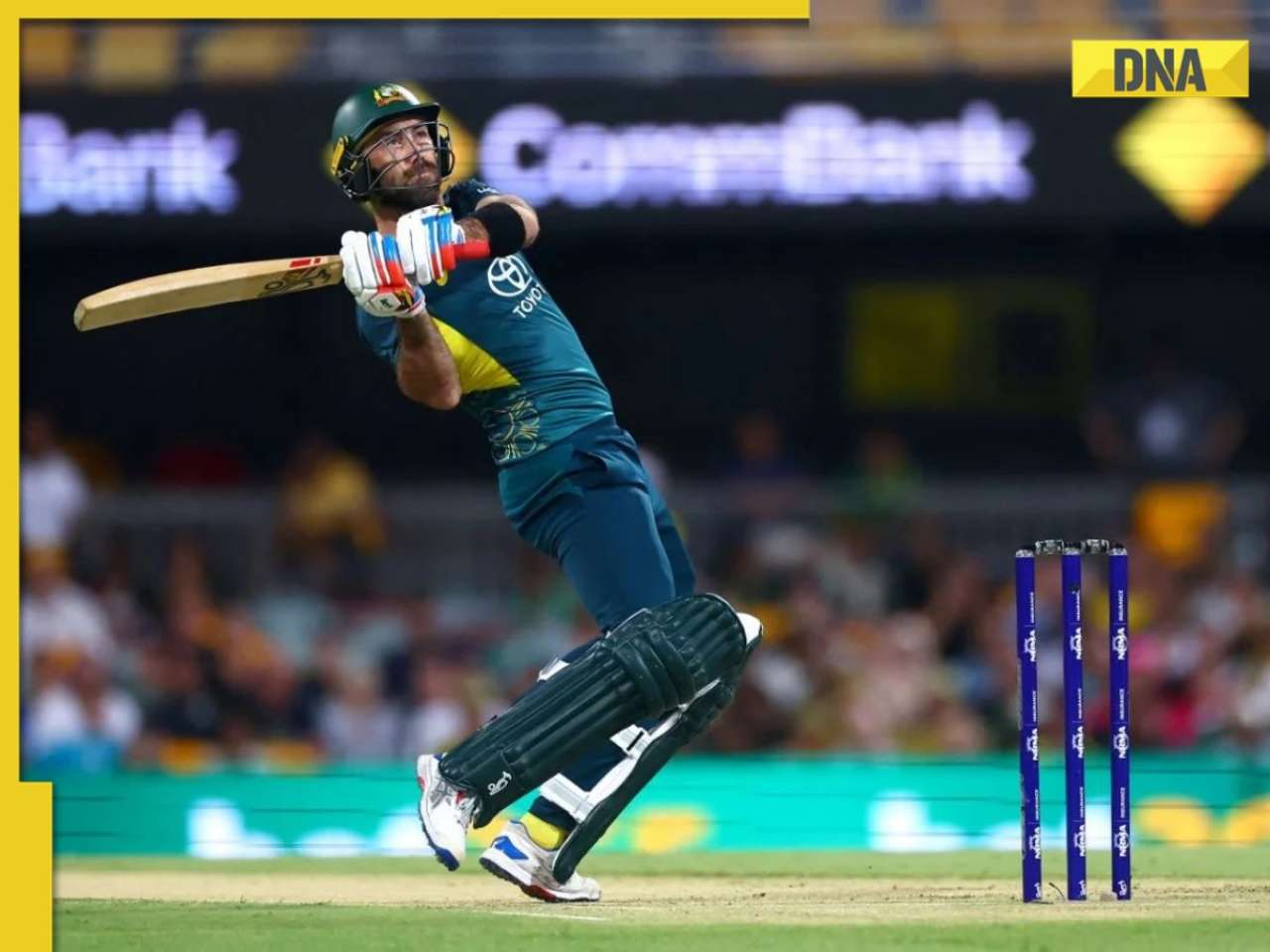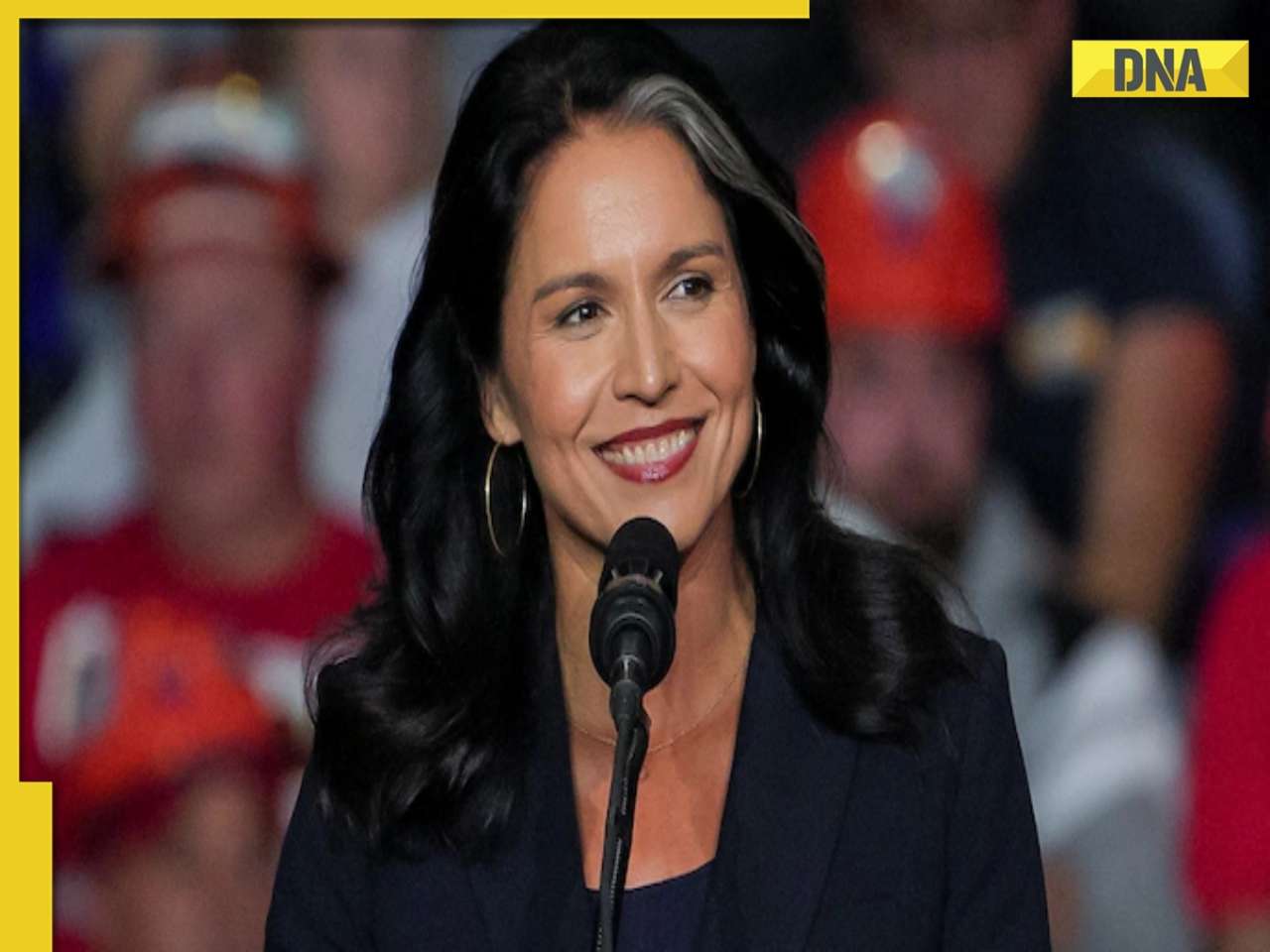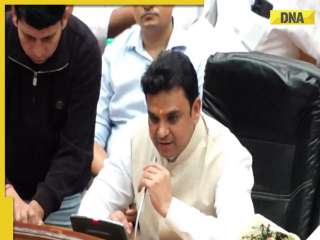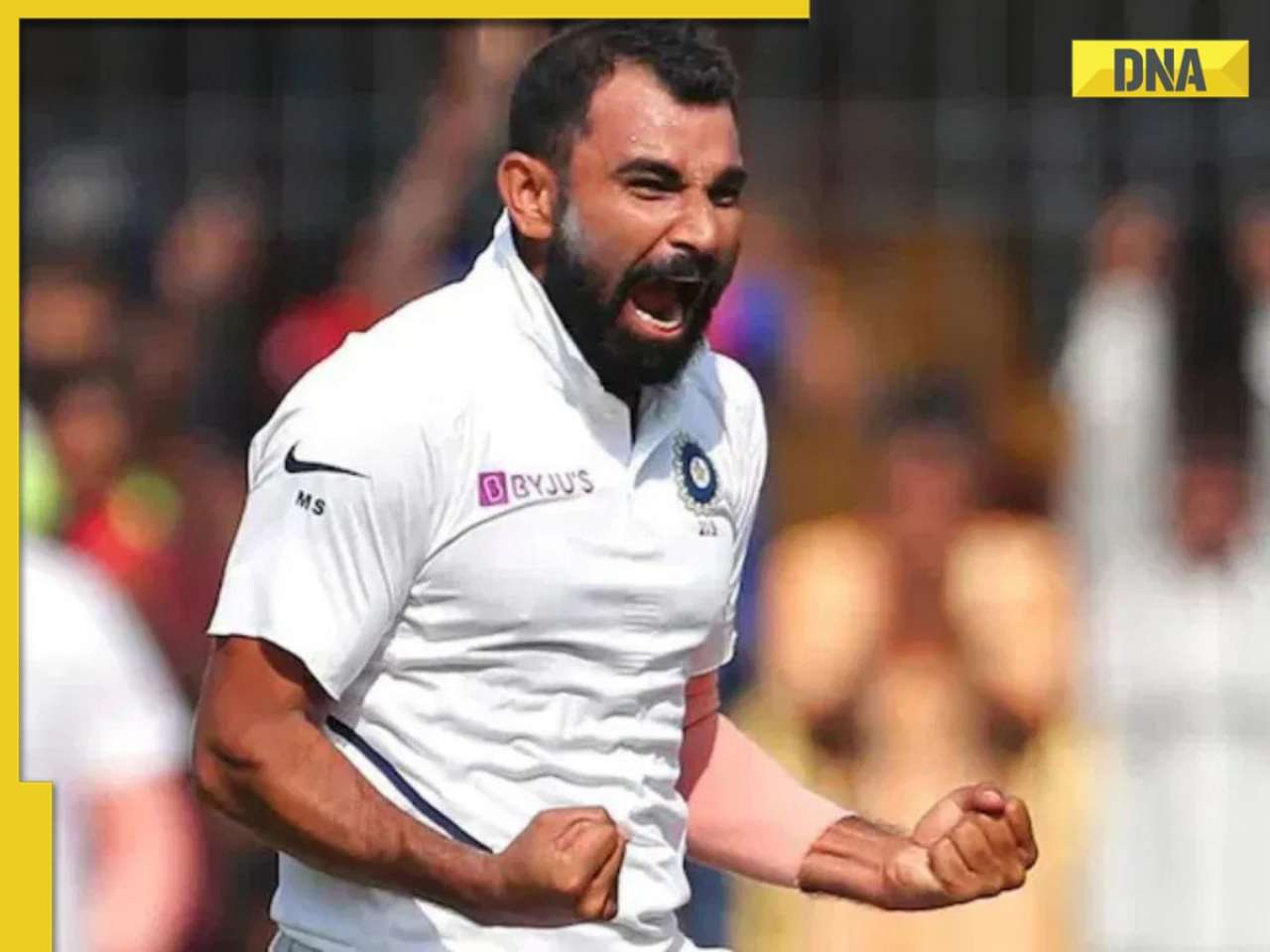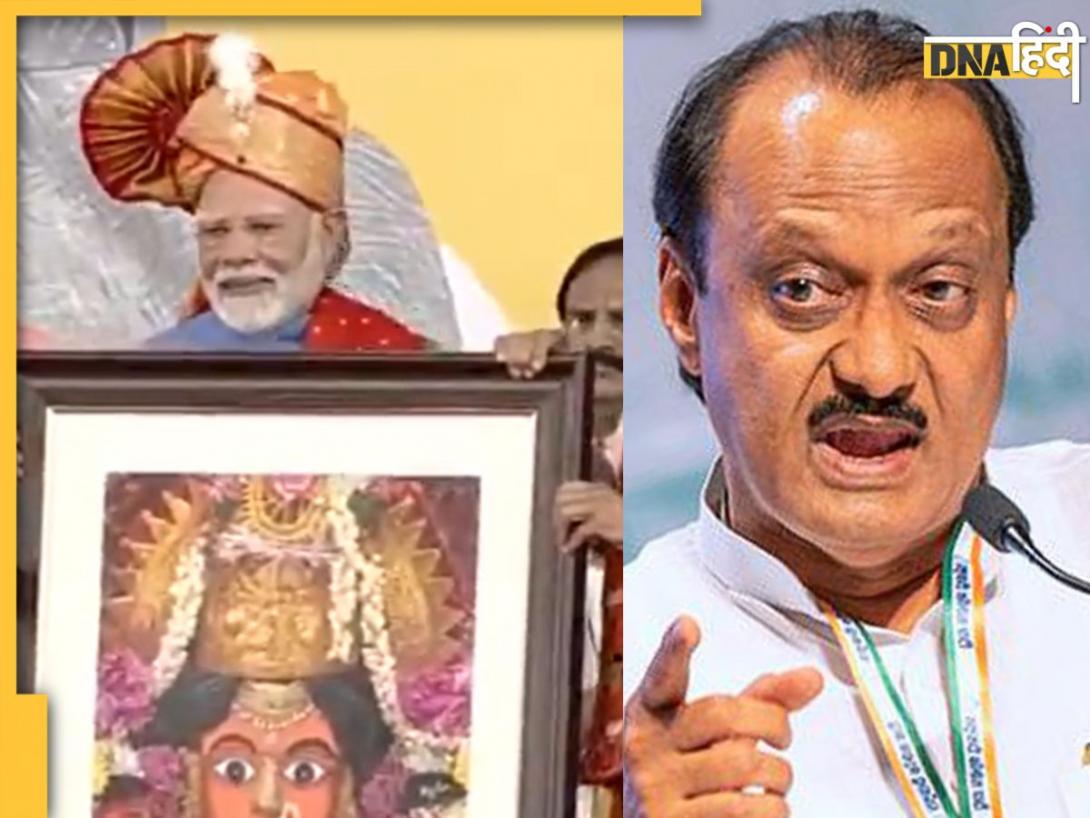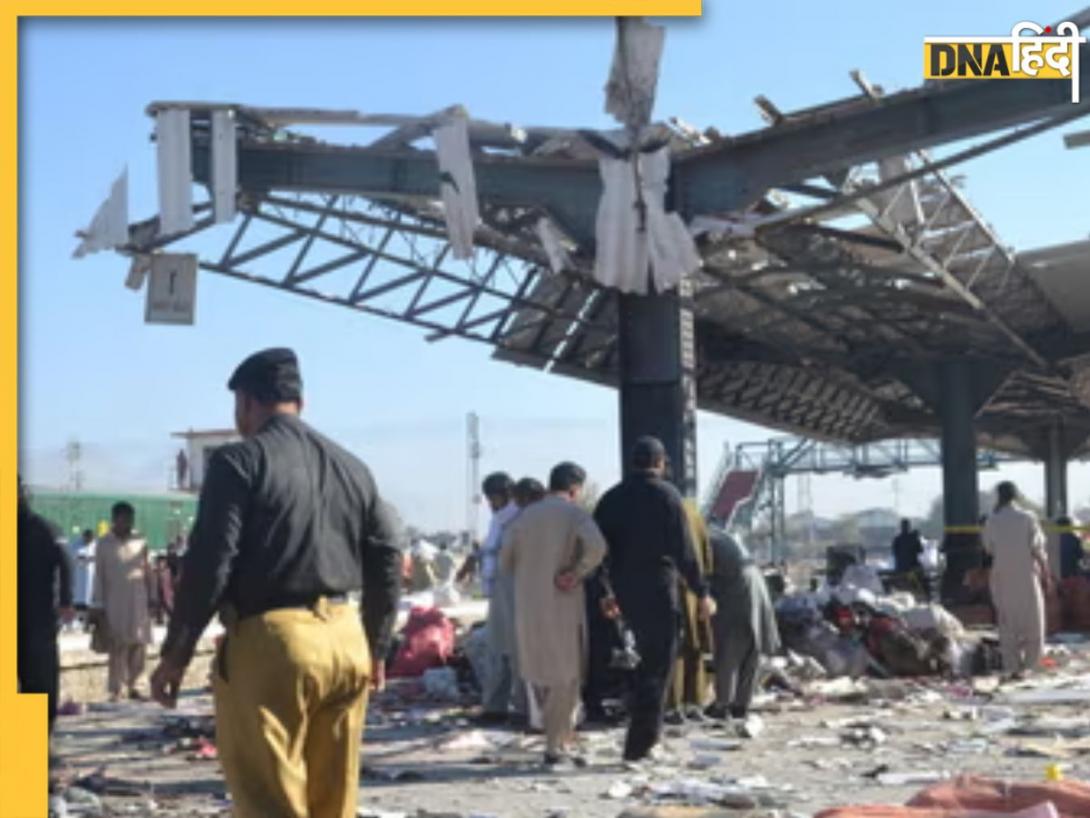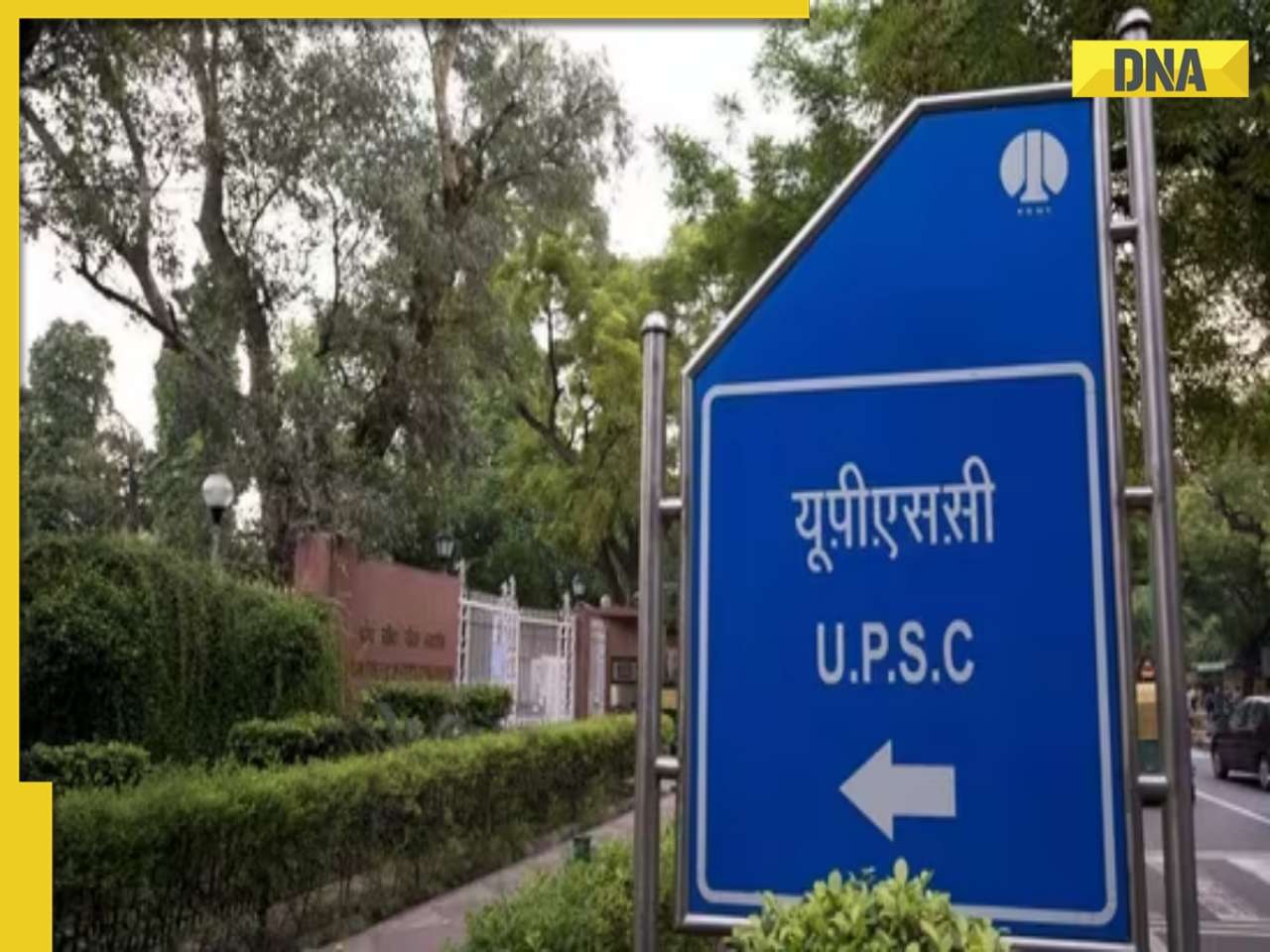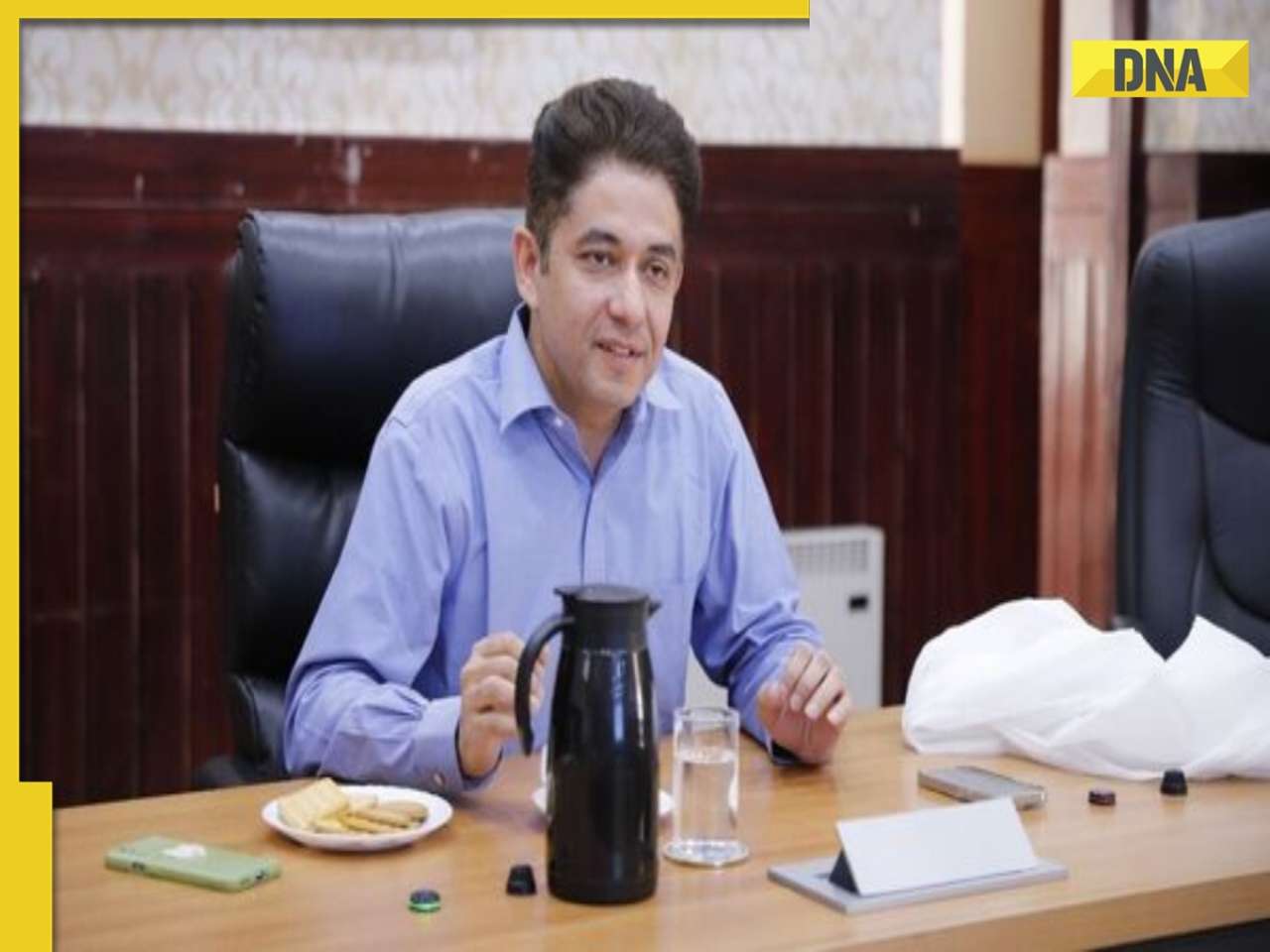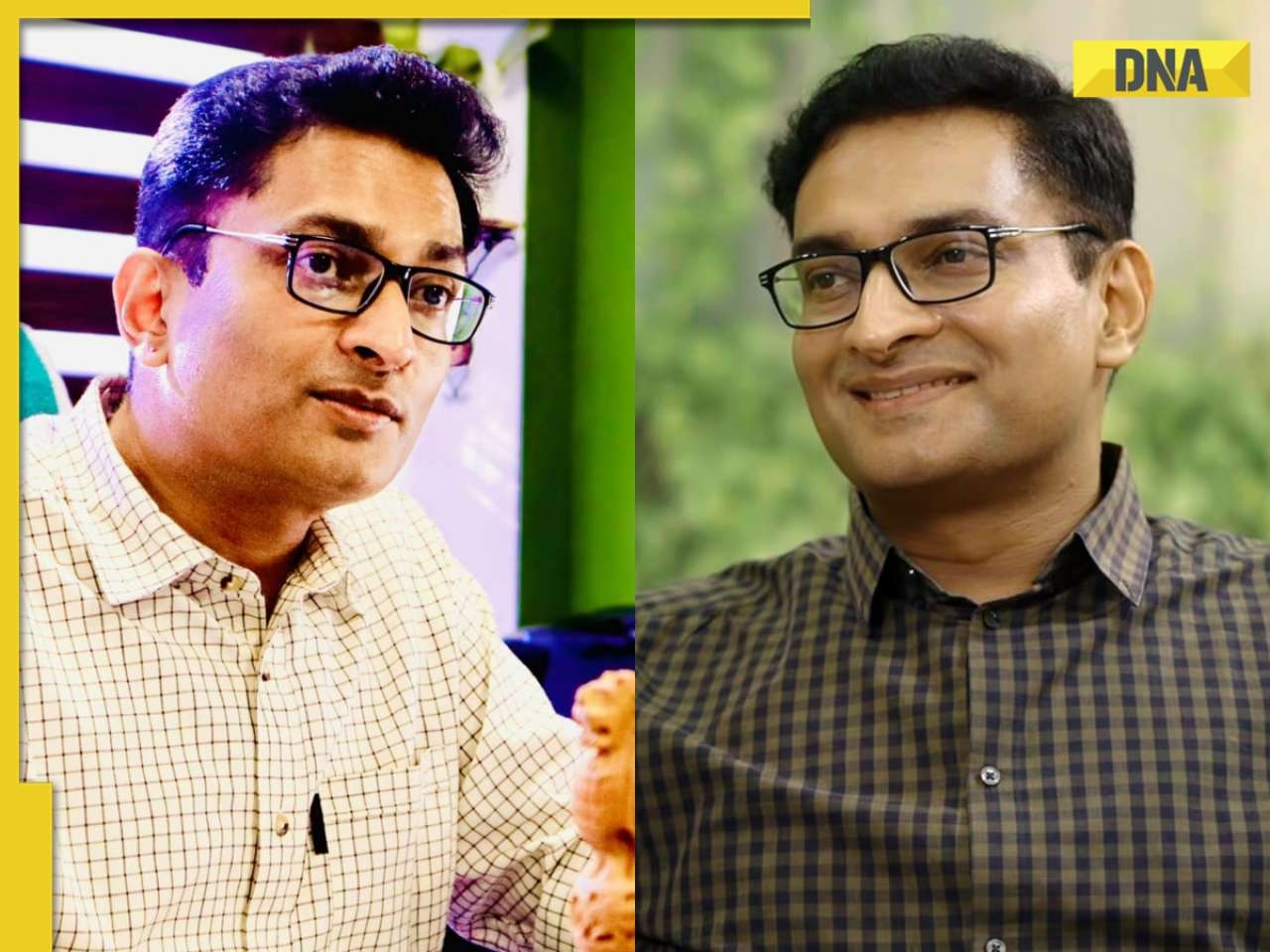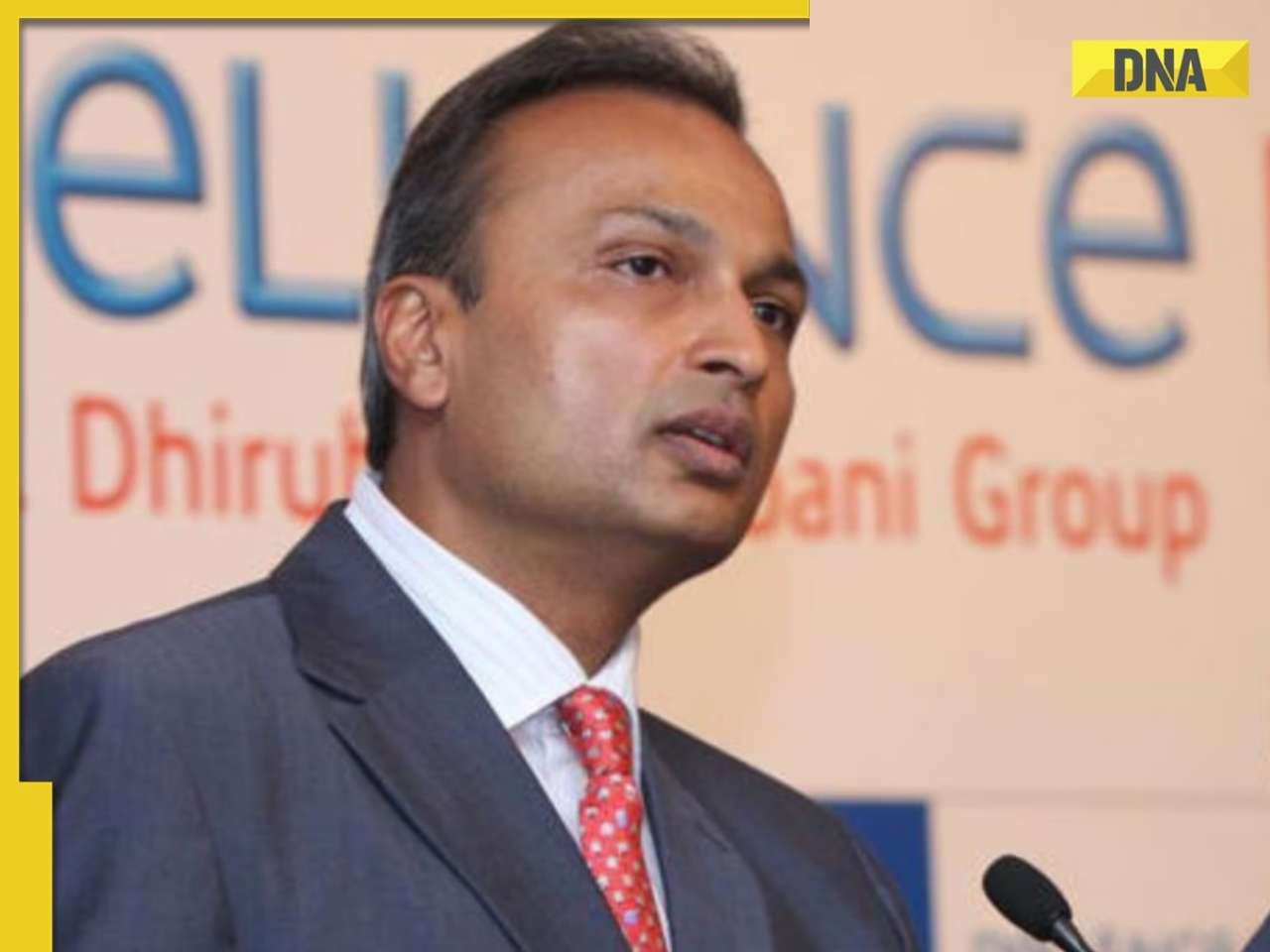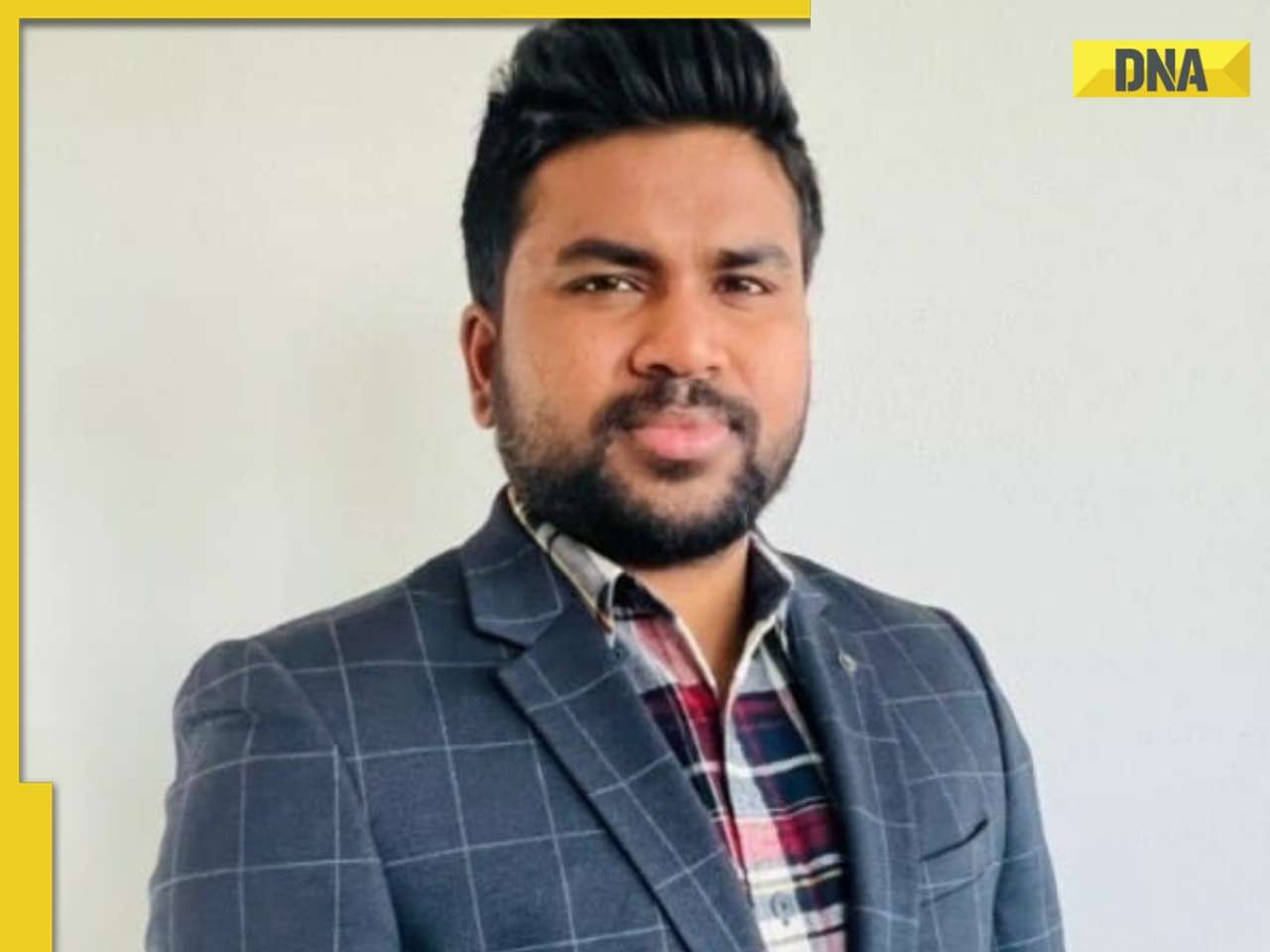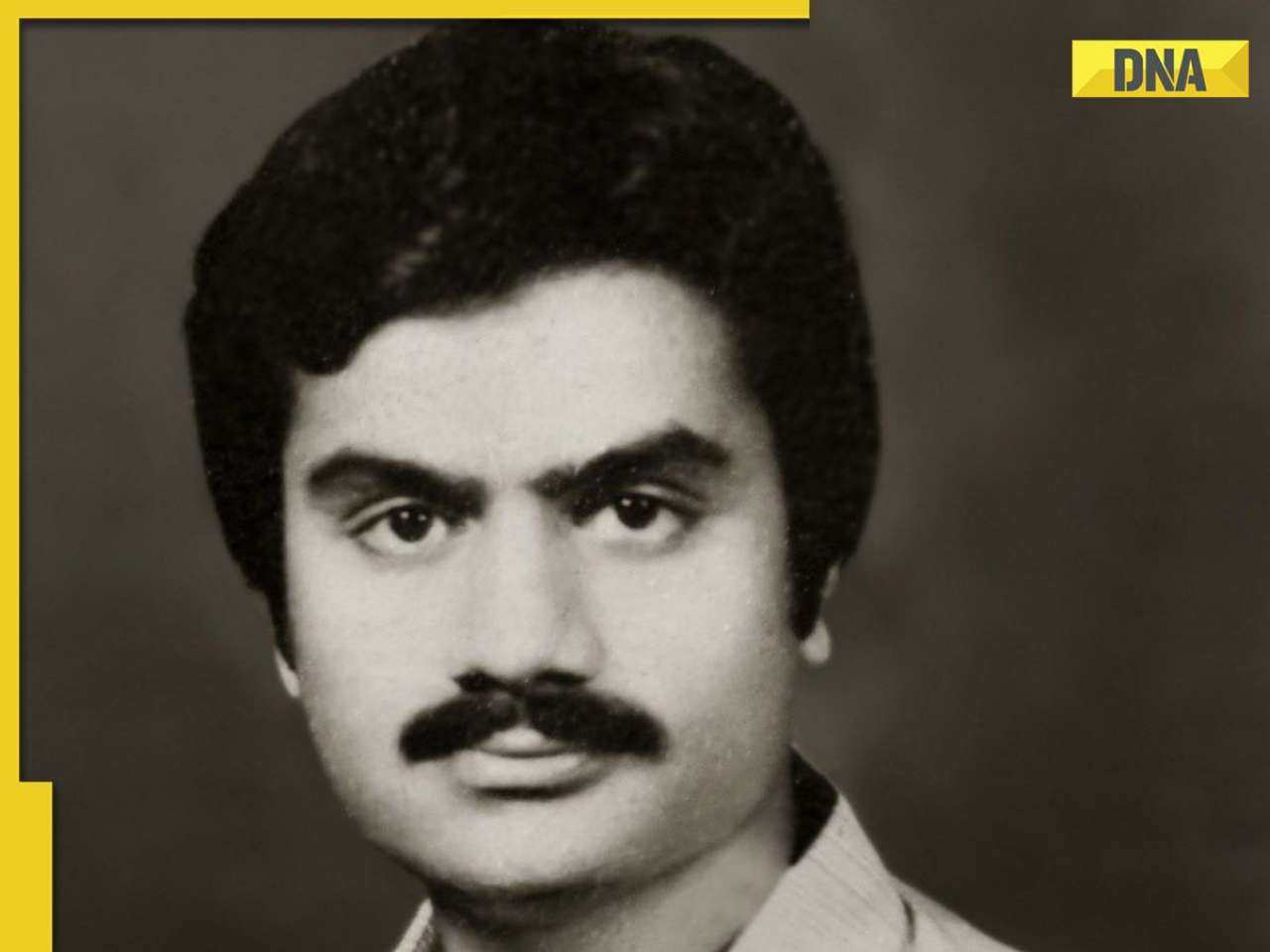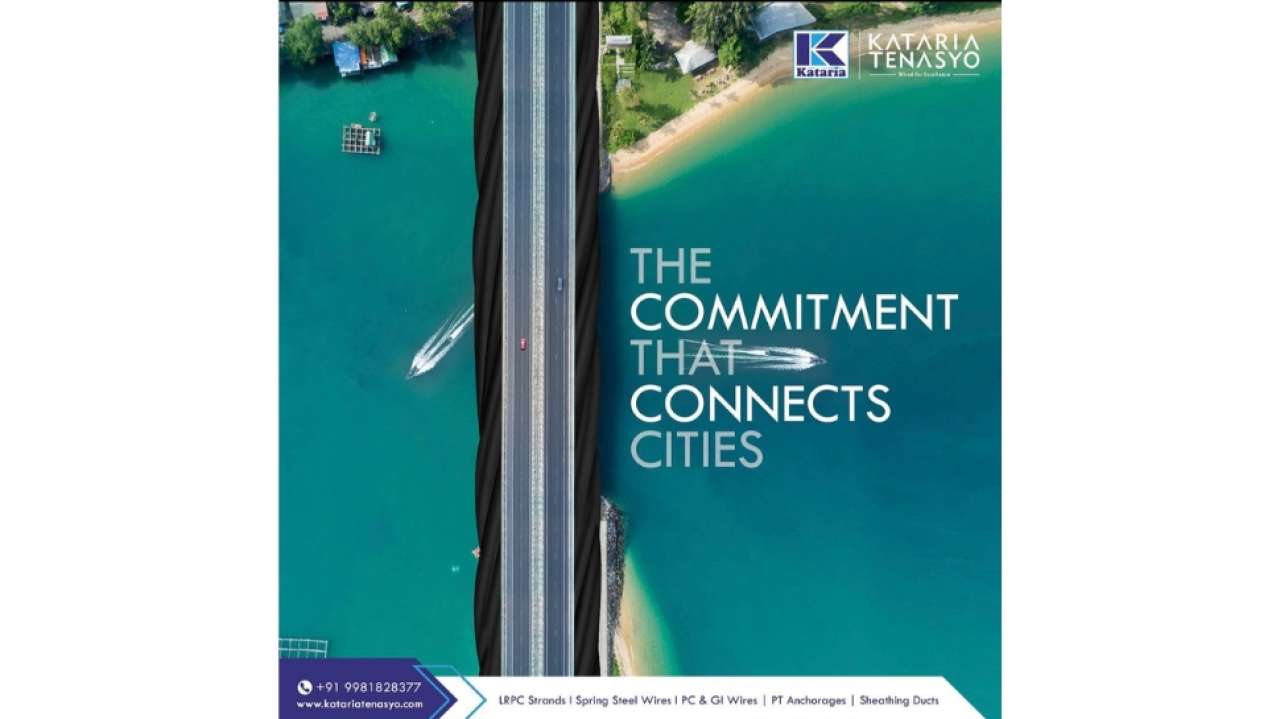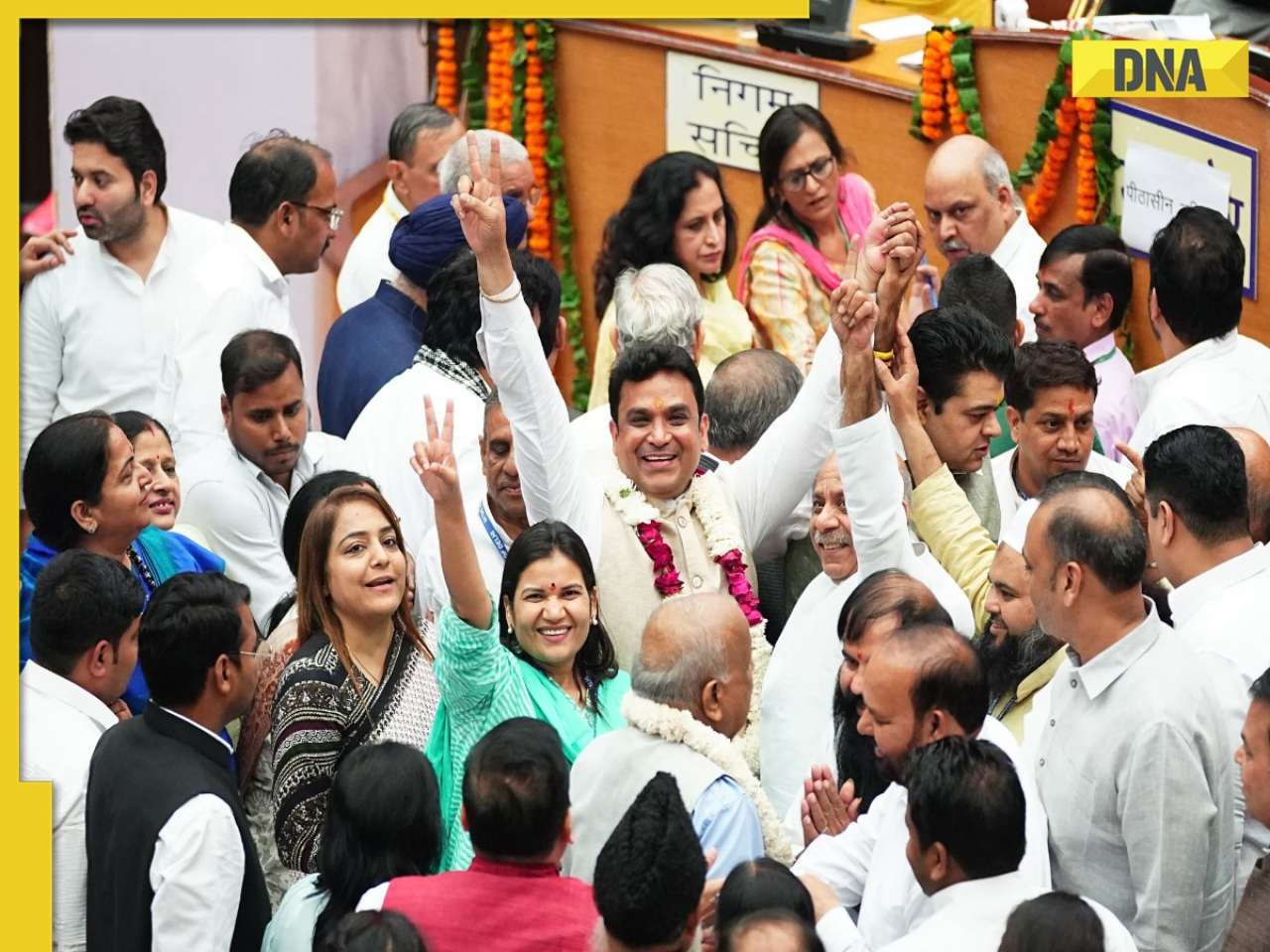- LATEST
- WEBSTORY
- TRENDING
BUSINESS
Driving Excellence in Construction Management: The Journey of Rinkesh Gajera
With a stellar career marked by meticulous project controls, strategic risk management, and transformative contributions to high-value projects, Rinkesh has redefined success in the industry.
TRENDING NOW
In the dynamic realm of construction management, few professionals exemplify innovation and expertise like Rinkesh Gajera. With a stellar career marked by meticulous project controls, strategic risk management, and transformative contributions to high-value projects, Rinkesh has redefined success in the industry. In this exclusive interview, we delve into his journey, exploring his pioneering approaches, significant achievements, and the insights he offers for aspiring professionals in construction management.
1. Q: Rinkesh, you've managed project controls for diverse construction projects exceeding $100M. Can you share a specific instance where your approach led to a notable project outcome?
A: Certainly! One of the projects I managed involved a complex historic restoration. By integrating advanced project controls and leveraging Critical Path Method (CPM) techniques with tools like P6 and MS Project, we identified critical delays early on. Through meticulous forensic schedule delay analysis, we successfully negotiated a two-month project time extension, ensuring both quality and historical preservation standards were met without compromise.
2. Q: Your expertise in risk management is well-regarded. How have you innovated in identifying and mitigating project risks?
A: Innovation in risk management has been pivotal in my approach. Beyond traditional risk matrices, I've developed dynamic risk registers that evolve throughout the project lifecycle. For instance, in a residential construction project, proactive risk identification led to the implementation of modular construction techniques to mitigate weather-related delays. This not only accelerated project timelines but also optimized costs and enhanced stakeholder satisfaction.
3. Q: You've applied Earned Value Management (EVM) techniques extensively. Can you elaborate on a project where EVM played a critical role in optimizing project performance?
A: EVM has been instrumental in monitoring and controlling project performance effectively. In a healthcare facility construction, EVM allowed us to align budget allocations with project milestones, ensuring financial transparency and accountability. By continuously monitoring Earned Value (EV) against Planned Value (PV) and Actual Cost (AC), we could promptly adjust resource allocations and procurement strategies, maintaining project profitability amidst evolving healthcare regulations.
4. Q: Collaboration is crucial in project management. How have you fostered effective collaboration among stakeholders to ensure project success?
A: Collaboration is indeed the cornerstone of successful project delivery. In a high-rise residential project, I facilitated collaborative stakeholder engagement workshops early in the design phase. These sessions streamlined communication between architects, engineers, and developers, aligning design intent with construction feasibility. As a result, potential clashes in structural requirements and architectural aesthetics were identified and resolved proactively, minimizing costly design changes during construction.
5. Q: Financial analysis is a key aspect of project controls. Can you discuss a scenario where your financial analysis led to significant project insights and outcomes?
A: Absolutely. In a mixed-use commercial development, I conducted a comprehensive cost impact analysis worth over $2M. This analysis not only substantiated time claims against responsible parties but also informed proactive budget reallocations. By harnessing PowerBI to create interactive dashboards for cash flow projections, we empowered project stakeholders with real-time financial insights. This proactive approach not only optimized resource utilization but also strengthened our position in negotiating change orders, fostering client trust and project profitability.
6. Q: Innovation in project scheduling is critical for efficiency. How have you innovated in optimizing project schedules, particularly in complex Integrated Project Delivery (IPD) environments?
A: Complex IPD environments require robust scheduling frameworks to synchronize multidisciplinary workflows. In a healthcare construction project, I guided our team in meticulous schedule management during the design phase, by working closely with the VDC team. By integrating Revit and Navisworks models, we facilitated early clash detection and resolution, reducing design iteration cycles by 30%. Through automated schedule updates and 4D simulations, we achieved seamless coordination between architectural, structural, and MEP designs, ensuring the project was completed on time without compromising quality.
7. Q: Quality assurance is paramount in construction. How have you enhanced quality control measures to ensure adherence to project specifications and standards?
A: Quality assurance/control is central to project excellence. In a city infrastructure project, I implemented stringent quality control measures through daily progress reports and field observations. By collaborating closely with subcontractors and senior engineers, we ensured compliance with municipal codes and specifications, mitigating potential project delays due to non-compliance issues. This proactive approach not only upheld project integrity but also strengthened stakeholder confidence in project outcomes.
8. Q: Reflecting on your career, what has been the most challenging project you've undertaken, and how did you overcome the challenges you faced?
A: One of the most challenging projects was a large-scale modular construction project. The complexity stemmed from coordinating off-site manufacturing with on-site assembly while adhering to stringent regulatory requirements. To overcome these challenges, I instituted weekly cross-functional coordination meetings involving modular manufacturers, construction teams, and regulatory authorities. This collaborative approach facilitated real-time issue resolution and proactive risk mitigation, ensuring seamless project execution and timely delivery.
9. Q: In your experience, how has your education in Civil Engineering and Construction Management from Northeastern University influenced your approach to project management?
A: My education at Northeastern University equipped me with a solid foundation in Civil Engineering and Construction Management principles. Courses focused on advanced project management software like P6 and MS Project enabled me to leverage technology for optimizing project schedules and resource allocations effectively. Moreover, the emphasis on collaborative project delivery methods prepared me to navigate complex stakeholder dynamics and foster interdisciplinary teamwork, essential for achieving project success in dynamic construction environments.
10. Q: Looking ahead, what are your aspirations for the future of construction management, and how do you envision contributing to industry advancements?
A: As the construction industry continues to evolve, my aspiration is to drive innovation in sustainable construction practices and digital transformation. I envision leveraging emerging technologies like Building Information Modeling (BIM) and artificial intelligence to streamline project lifecycle management and enhance construction productivity. By advocating for integrated project delivery frameworks and fostering a culture of continuous improvement, I aim to contribute to industry-wide advancements that prioritize efficiency, sustainability, and stakeholder value.
In the competitive arena of construction management, Rinkesh Gajera stands out as a visionary leader whose contributions have left an indelible mark on the industry. His ability to navigate complex projects with precision, from multimillion-dollar developments to intricate historical restorations, underscores his proficiency and dedication. As he continues to innovate and advocate for best practices in project controls, scheduling, and quality assurance, Rinkesh remains a driving force in advancing construction management standards. His journey serves as a blueprint for aspiring professionals seeking to excel in the dynamic and challenging field of construction.







)
)
)
)
)
)
)
)
)
)
)
)
)
)
)
)





